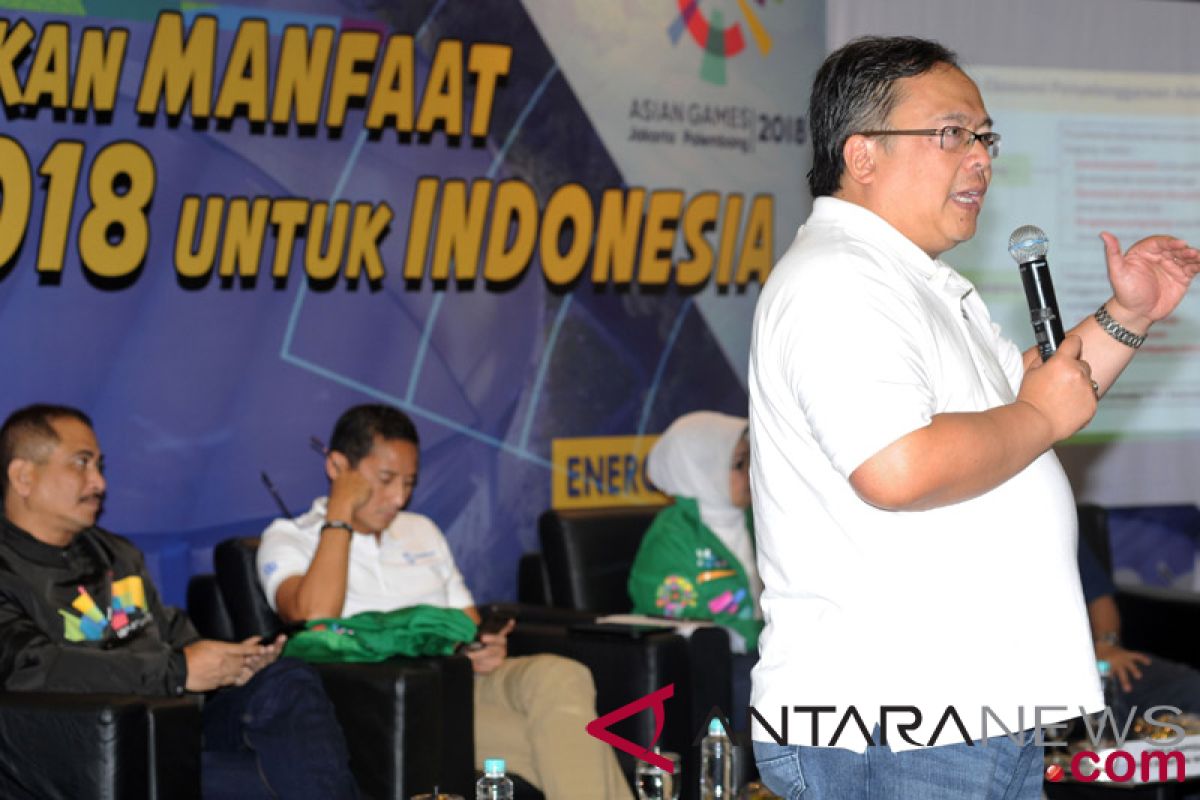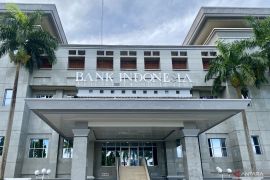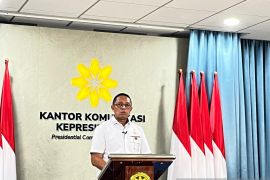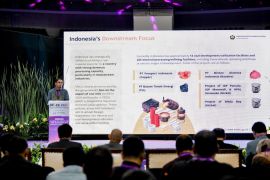"Structurally, transformation is a transition from low productivity economics to high-productivity, high-skill economy," Brodjonegoro remarked at the 20th ISEI Congress in Bandung, West Java, on Wednesday night.
The minister of Indonesian National Development Planning / Head of Bapenas remarked that the strength that drives this structural transformation is the change in productivity in the modern sector which is generally dominated by industry and services.
"At present we are still faced with a problem of productivity. One of the many problems of productivity is the growth of sectoral productivity which tends to decrease due to `high cost` and some sectoral issues that are often a problem," he said.
In the long run, the problem of productivity has yet to be optimal and efficient, so it requires a more progressive strategy in increasing the productivity of the economy and encouraging workers to be more productive, he said.
Hence, he noted that the government should play its role as regulator to harmonize policies, synchronize policies and synergize collaboration and implementation.
In general, productivity improvements can be done, one of which is through shifting the informal sector towards the formal sector.
"In this digital era, the informal sector tends to increase so that the arrangement in this sector requires special attention," Brodjonegoro said.
According to him, the main concern is how to encourage the informal sector to become a formal sector and this change in status is needed to ensure industrial efficiency and increase productivity.
He also mentioned that independent MSMEs would find it difficult to reach the scale of economies because of the high costs being faced.
Reporting by Joko Susilo and Fransiska Ninditya
Editing by Otniel T
Reporter: Antara
Editor: Fardah Assegaf
Copyright © ANTARA 2018












